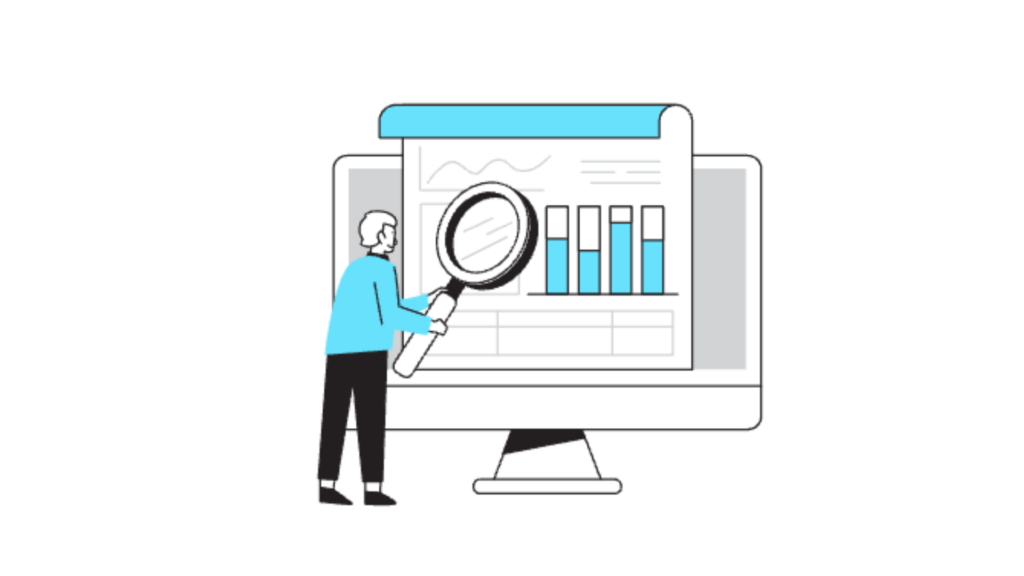7 Tips For Better SEO

Search engine optimization is one of the most important tools in your digital marketing arsenal. It can help you improve your rankings and draw more traffic to your site.
But SEO is a complex and multifaceted tool, and it’s not always easy to use. It’s also something that’s always changing. Google and other search engines are continually updating their algorithms, which means that the best SEO practices of last year might not be effective this year.
That’s why it’s important to stay on top of the latest SEO trends and techniques. But if you’re like most small business owners, you probably don’t have the time or the resources to devote to mastering the ins and outs of SEO.
Here are 7 tips that can help you improve your SEO.
1. Research The Keywords That You Want To Target
Keywords are the words and phrases that people type into search engines to find the information they are looking for. Knowing what keywords to target is the first step in any SEO campaign.
When you know what keywords to target, you can start to optimize your website for those keywords. This means creating content that is relevant to those keywords, and making sure that you use those keywords in your meta titles and descriptions.
There are a number of tools that you can use to find the best keywords to target, but one of the best is the Google Keyword Planner. This tool will show you the average monthly search volume for any keyword, as well as the competition for that keyword and the average cost per click for paid search.
2. Make Sure That Your Website Is Accessible To Search Engines
In order for your website to show up in search results, search engines need to be able to find and index your site. If your site isn’t being indexed, then all of your SEO efforts will be for nothing.
There are a few things that you can do to make sure that your website is accessible to search engines. First, make sure that your site has a clear and easy-to-understand structure. This will make it easier for search engine crawlers to find and index all of your pages.
You should also create an XML sitemap and submit it to the major search engines. An XML sitemap is a list of all the pages on your site, and it can help search engine crawlers find and index your content more quickly and easily.
3. Create Content That Is Relevant To Your Audience
When you create content for your website, you should always keep your audience in mind. What do they want to know? What are their pain points? What are they interested in?
By creating content that is relevant to your audience, you can increase the likelihood that they will find your website. You can also increase the likelihood that they will engage with your content, and that they will convert into a lead or a customer.
To get to know your audience better, you can use tools like Google Analytics and Facebook Insights. You can also survey your existing customers, or create customer personas to help you get a better understanding of who your audience is.
4. Make Sure That Your Content Is High-Quality
If you want to rank high on Google, you need to make sure that your content is high-quality. This means that your content should be well-written, informative, and engaging.
High-quality content is more likely to be shared on social media, linked to by other websites, and cited in other articles. This can help to improve your website’s authority and trustworthiness, which are important ranking factors for Google.
In addition to writing high-quality content, you should also make sure that your website is free of spelling and grammar errors. You should also use images and videos to break up your text and make your content more engaging.
5. Use Meta-Tags To Help Search Engines Understand Your Content
Meta tags are the text that appears on the search engine results page (SERP) that give you a brief overview of the content on the page. There are three main types of meta tags: title, meta description, and meta keywords.
The title tag is the title of the page that appears at the top of the SERP. The meta description is a brief overview of the content that appears below the title tag. The meta keywords are the keywords that are relevant to the content on the page.
Meta tags are an important part of on-page SEO because they help search engines understand the content on your website. This can help your website rank higher in the SERPs and drive more traffic to your website.
6. Get Other Websites To Link To Yours
Quality links are a crucial component of a strong SEO strategy. The more high-quality websites that link to your website, the better your website will rank in search engine results.
There are several ways you can get other websites to link to yours. One of the best ways is to create high-quality, shareable content that other website owners will want to link to.
You can also reach out to other website owners in your industry and ask them to link to your website. Be sure to offer something of value in return, such as a link to their website from your website.
Finally, you can submit your website to online directories and other websites that allow you to create a profile and include a link to your website.
7. Use Analytics To Track Your Progress
The only way to know if your SEO strategy is working is to track your progress. You can use analytics to see how many people are visiting your website, where they’re coming from, and what they’re doing once they get there.
You can also use analytics to track your keyword rankings and see how your content is performing. If you notice that your rankings are dropping or that your content isn’t getting many clicks, you can make adjustments to your strategy.
There are a number of different analytics tools you can use, but Google Analytics is one of the most popular. Best of all, it’s free!
Conclusion
SEO is not a one-time thing. You can’t set it and forget it. SEO is a long-term strategy. It can take 6-12 months to start seeing results. But, it is worth the time and effort.



